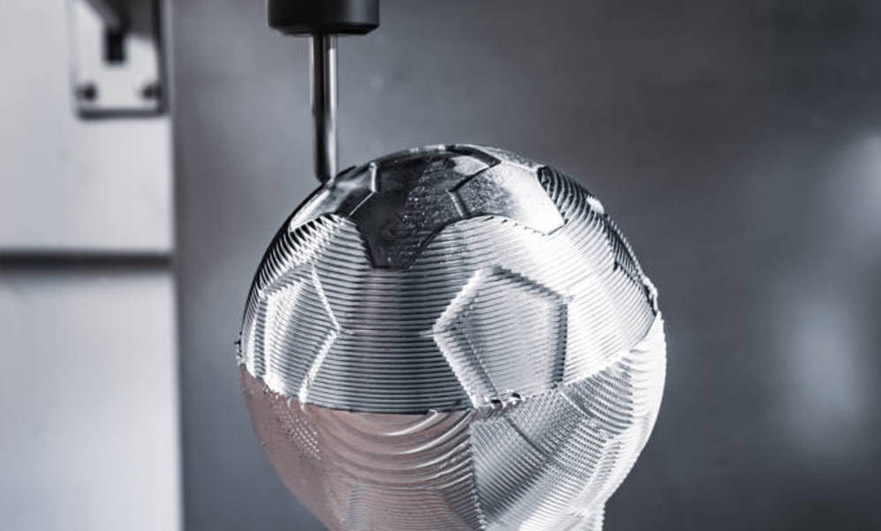In the aerospace field, titanium alloys are widely used in the machining of titanium aircraft parts because of their low density and corrosion resistance. However, there are some difficulties in the CNC machining process, such as: CNC machining is easy to deform, and the machining accuracy cannot be guaranteed. To solve these problems, it is necessary to use modern high-tech technology for effective processing in order to pass the overall processing efficiency and finished product quality. Therefore, we deeply analyze related issues and combine titanium alloy processing methods to achieve the effect of improving the processing efficiency of related parts.
As a kind of high-strength material parts, titanium alloy parts are widely used in the processing and manufacturing of titanium aircraft parts. For example, key components such as engine blades and landing gear gears, as well as screws and nuts that can be used to fix larger fuselage frames, can all be made of titanium alloy materials.
Titanium alloy parts in aircraft application fields and advantages
Titanium aircraft parts application field
As early as 1953, the Douglas DC-7 aircraft, which first flew, began to apply titanium alloy to the design of the engine compartment and heat shield for the first time. Titanium alloys are constantly being used in various structural parts of aircraft. For example, the weight of titanium alloy used in the US F-15 aircraft structure accounts for about 26%. It can be seen that titanium alloy parts are also of great significance to the development of the aviation industry.

Advantages of titanium aircraft parts application
1. There is no need to invest a lot of energy and funds in the preliminary preparation stage.
2. No need to use molds during the molding process
3. Effectively improve the efficiency of material use and minimize the number of connectors. Therefore, manual assembly time is effectively saved, and the effect of two-way development of income and quality is achieved.
Application characteristics of titanium aircraft parts
1. The modulus of elasticity is small: because the modulus of elasticity of titanium alloy is relatively small, it is easy to deform and has a large rebound, which is easy to wear tools. So try to avoid slender parts.
2. Strong corrosion resistance: When the aircraft is flying at high altitude, the substances in the air will have a certain corrosive effect on the surface of the aircraft. Therefore, the super corrosion resistance of titanium alloy plays a key role.
3. Low thermal conductivity: This feature effectively reduces the probability of failure of titanium aircraft parts, and effectively avoids excessive heat conduction affecting the normal operation of other parts.
4. Parts are not easy to deform: Titanium alloy materials have high strength and thermal strength, low density, and low temperature resistance, so they can cope with -196°C or ultra-low temperature and still maintain their own mechanical properties and 500°C. The following high temperature does not deform.
Titanium aircraft parts machining applications
For process development and application to improve the performance of the aircraft. Therefore, titanium alloy processing has applications in the following scenarios;
1.Improve the metal utilization rate of hot forging dies.
2. Distribution and surface protection methods.
3. Reduce development costs,
4. Broaden the field of use of titanium alloy castings.
In conclusion:
Titanium alloy parts are effectively used in more fields and have extremely high application value in machining. Traditional machining methods are no longer suitable for the production requirements of modern aircraft structures. Therefore, the use of CNC machining titanium alloy parts can meet the requirements of aircraft development to the greatest extent.